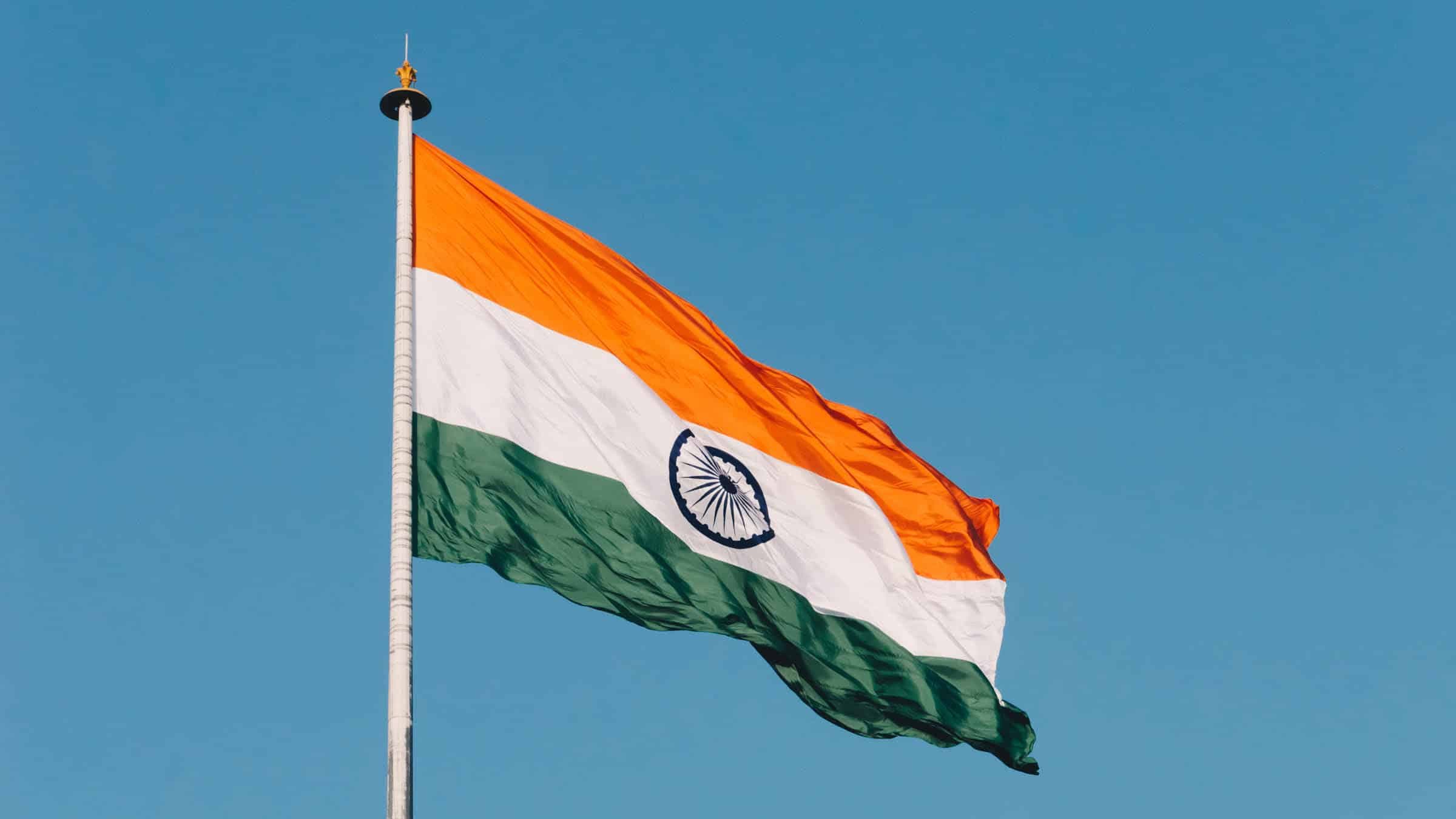The Indian government has cut off the internet to 27 million people for the last six days, here’s why

Police in India’s Punjab have been searching for Amritpal Singh Sandhu who is wanted for allegedly disrupting communal harmony. As the manhunt continues, a complete internet and SMS shutdown has been enforced in the region to aid the search for the Sikh preacher fighting for a separate Sikh state.
The blackout was put into place to prohibit the spread of fake news and to stop Sandhu, but wider consequences have followed as businesses, schools, and digital payments come to a halt, affecting the lives of over 30 million people. It was imposed on Saturday 18 March until noon on Monday but has now been extended. The West’s lack of coverage of the wider issue of separatism may be spurred on by the extensive history between the UK media and India’s politics when the last violent carnage from Sikh separatists saw criticism directed at the BBC.
The extensive lockdown measures follows a video of Sandhu’s supporters vandalising India’s consulate in San Francisco, with London also subject to a similar act at the Indian High Commission this Sunday. Crowds gathering in the areas are protesting as part of the Sikh separatist movement.
However, in India, there have currently been more than 100 people arrested as followers of Sandhu. Police forces attempted to arrest him in Bathinda, a city in Punjab, on Saturday in a car interception but he managed to escape.
The runaway was unknown to the media until recently. The aim for him and his followers is to fight for independence against the government, as he cemented his name to the cause whilst rescuing a supporter by the name of Lovepreet Singh Toofan from custody. He stormed the station with his supporters and used The Guru Granth Sahib (the Sikh holy book) as a shield. This meant police could not arrest and target him.
He warned home minister Amit Shah back in February that he would meet the same fate as the previous prime minister Indira Gandhi, who was assassinated by her bodyguards in 1984. Border police have been warned not to let Sandhu leave the country.
Around the time Gandhi was assassinated was when Punjab faced carnage as the fight between the government and the group trying to fight to create a separate Sikh state called Khalistan ensued. It left estimates of 20,000 dead – half of which were civilians caught between fire.
A documentary made by the BBC covered the terror that reigned in Punjab but was subsequently banned. Criticism of the BBC’s recent coverage came from Prime Minister Narendra Modi and the 2002 Gujarat riots. The external affairs minister S.Jaishankar has accused the BBC of playing politics, by questioning why they did not make a documentary on the 1984 anti-Sikh massacres which followed Gandhi’s assassination.
However, records show there were documentaries made with the information by Mark Tully, a BBC journalist covering Punjab at the time. The documentaries about the events have been taken down, following a to-and-fro between Indian politics and the British media.
The movement in 1984 was eventually defeated, and a loss of support amongst Sikhs was due to the violence that had been brought with the cause. Punjab has remained a peaceful state since, but many are currently waiting in anticipation of how the situation between Sandhu and his followers and the government will play out. The group goes by the name of Waris Punjab De (Heirs of Punjab), and sees Shandhu lead them following their previous leader’s death in a car accident last year.

